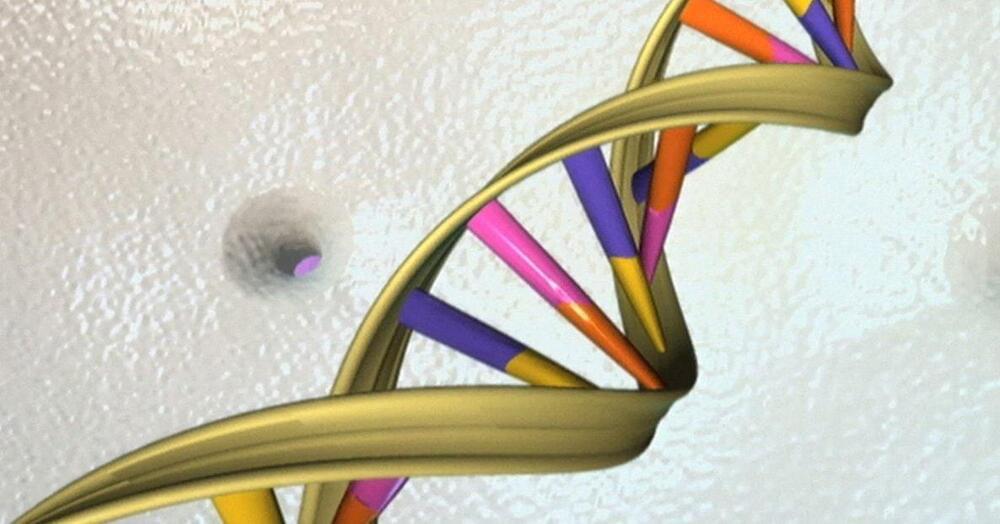CHICAGO, Feb 19 (Reuters) — A study that analyzed the genetic code of a quarter of a million U.S. volunteers found more than 275 million entirely new variants that may help explain why some groups are more prone to disease than others, researchers reported on Monday.
The whole genome sequencing data from a wide range of Americans aims to address the historical lack of diversity in existing genomic datasets by focusing on previously under-represented groups. The U.S. National Institutes of Health-funded “All of Us” study turned up 1 billion genetic variants in total.
“Sequencing diverse populations can lead to new drug targets that are relevant to everyone,” said Dr. Josh Denny, a study author and its chief executive. “It can also help uncover disparities that lead to specific treatments for people that are experiencing higher burdens of disease or different disease.”










Comments are closed.